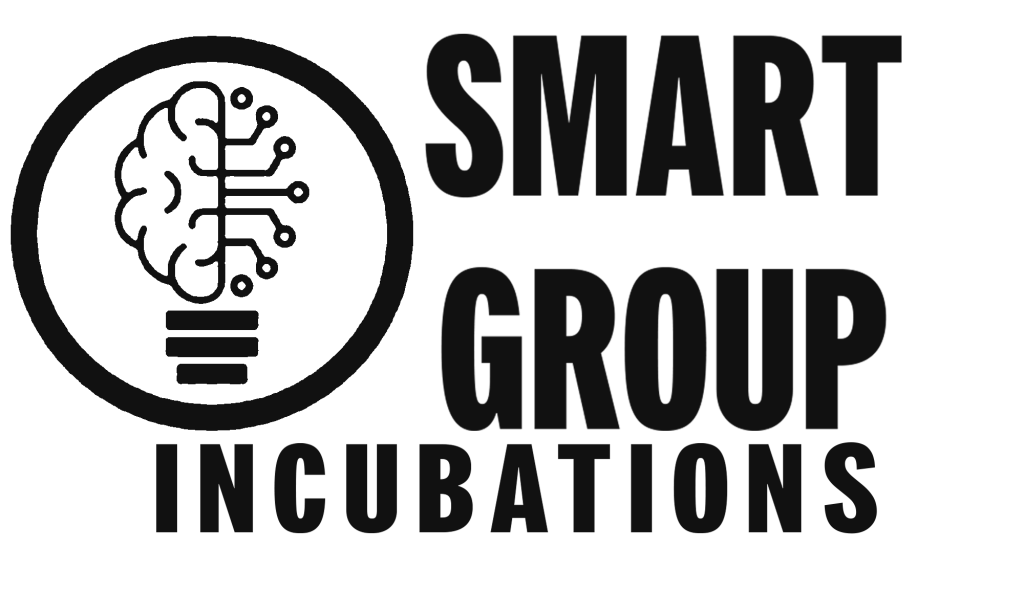In today’s fast-paced digital world, delivering high-quality software at an accelerated speed is not just an advantage, it’s a necessity. This is where DevOps, a blend of development (Dev) and operations (Ops), steps in, revolutionizing the way businesses approach their Software Development Lifecycle (SDLC). Let’s dive into the transformative power of DevOps and its impact on businesses not yet on this bandwagon.
Challenges Without DevOps
Companies lagging in adopting DevOps face numerous hurdles that can stifle growth and innovation:
- Slower Time-to-Market: Traditional Software Development Lifecycle often lead to prolonged development cycles, delaying product releases.
- Siloed Teams: The lack of collaboration between development and operations teams can result in miscommunications and inefficiencies.
- Inflexible Infrastructure: Without DevOps, businesses struggle to adapt their infrastructure swiftly to changing requirements, affecting scalability and performance.
- Increased Risk: Manual processes and disjointed stages increase the likelihood of errors and security vulnerabilities.
Leadership and Control with DevOps
DevOps offers a new level of control and visibility for leadership teams, ensuring agility and reliability:
- Enhanced Collaboration: DevOps breaks down silos, fostering a culture of open communication and shared responsibilities among teams.
- Real-Time Insights: Continuous monitoring and reporting tools in DevOps provide leaders with real-time insights into performance, helping in informed decision-making.
- Increased Accountability: With DevOps, every team member is accountable for both the development and operational success, leading to higher quality outcomes.
The DevOps Toolbox
DevOps is not just a methodology but a toolkit that enables a plethora of capabilities:
- Continuous Integration/Continuous Deployment (CI/CD): Automates the integration of code changes and ensures that the code can be reliably released at any time.
- Automated Testing: Ensures the codebase is tested automatically and frequently, leading to higher quality and reliability.
- Infrastructure as Code (IaC): Manages and provisions infrastructure through code, enhancing consistency and scalability.
- Monitoring and Logging: Provides visibility into applications and infrastructure performance, enabling proactive issue resolution.
Profiting from DevOps
Adopting DevOps is not just about enhancing operations; it’s a strategic move that drives tangible profits:
- Accelerated Innovation: Faster development cycles mean quicker time-to-market, giving companies a competitive edge.
- Cost Efficiency: Automation reduces manual efforts and errors, cutting down operational costs significantly.
- Enhanced Customer Satisfaction: Continuous delivery of updates and quick fixes improves the user experience and customer satisfaction.
- Resilience: DevOps practices like IaC and automated testing create more resilient and robust systems, reducing downtime and loss of revenue.
Making the Shift to DevOps
Transitioning to a DevOps model requires a strategic approach:
- Culture Shift: Embrace the DevOps culture of collaboration and continuous improvement across the organization.
- Invest in Tools and Training: Equip your teams with the necessary tools and training to adopt DevOps practices effectively.
- Start Small: Begin with a pilot project to understand the nuances and gradually expand DevOps practices across the organization.
- Measure and Adapt: Continuously measure the impact of DevOps and adapt strategies for continuous improvement.
DevOps is more than just a buzzword; it’s a transformative approach that empowers companies to navigate the complexities of modern software development. By fostering collaboration, enhancing agility, and automating processes, DevOps not only streamlines the software development lifecycle but also positions businesses for sustained growth and profitability in the digital era. Embrace DevOps, and witness your Software Development Lifecycle evolve into a more efficient, productive, and profitable venture.
Smart Group DevOps Services revolutionize organizations’ Software Development Life Cycles (SDLC) by integrating cutting-edge automation, fostering seamless collaboration between development and operations teams, and ensuring faster, more reliable software releases. Through their expert guidance, companies experience a significant uplift in efficiency and quality, propelling their digital transformation journey forward. With Smart Group, businesses not only streamline their processes but also embrace a culture of continuous improvement and innovation in their SDLC practices.


In conclusion, we at Smart Group hope this article has provided you with valuable insights and actionable strategies. Smart Group India Incubation provides a nurturing environment for startups, offering comprehensive support and resources to foster growth and innovation. With access to expert mentorship, state-of-the-art infrastructure, and networking opportunities, startups can thrive in their journey from ideation to market launch. Explore our services in DevOps consultancy, IoT solutions, and cybersecurity to leverage cutting-edge technology for your business success. Join us to embark on a transformative journey towards entrepreneurial excellence. For further information and a deeper dive into this topic, we encourage you to explore the following resources. These links offer a wealth of knowledge and expert opinions that can enhance your understanding and assist you in applying these concepts effectively.
Startup Policies Govt. Of India
Startup News Sites
Publications
Research Papers